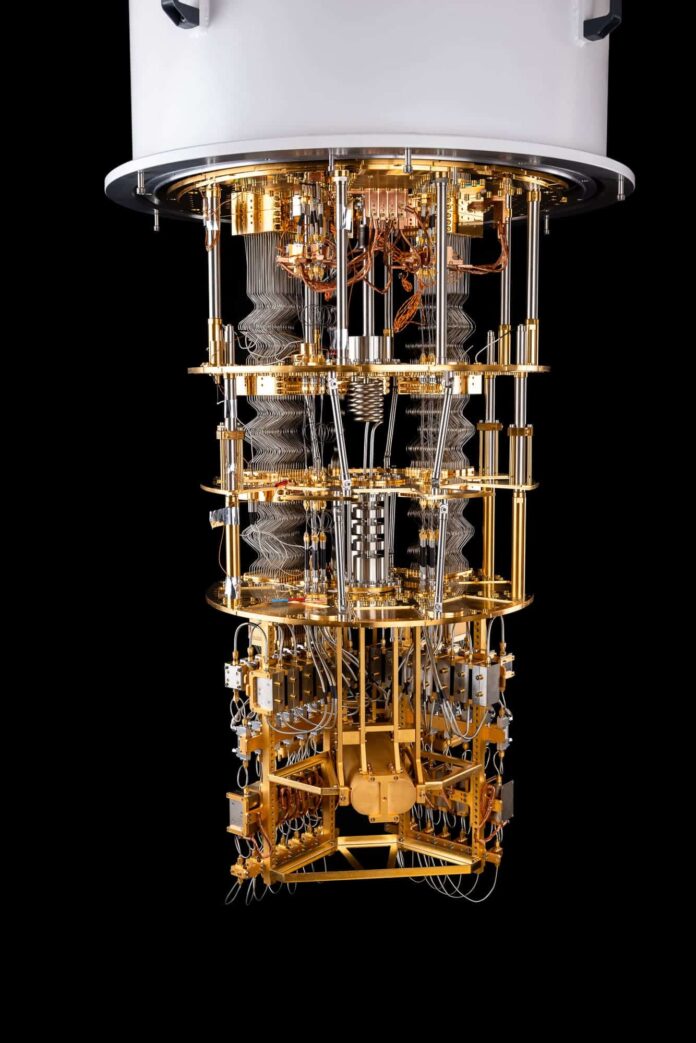In a significant advance for the future of quantum computing, Rigetti Computing, Inc., a U.S. firm pioneering in this technology, and the Centre for Development of Advanced Computing (C-DAC) of India have signed a memorandum of understanding to jointly develop quantum-classical hybrid systems. This agreement promises to transform the landscape of government and academic laboratories in India, by integrating the best of quantum and classical capabilities.
The alliance seeks to optimize the potential of Rigetti's quantum hardware, based on superconducting qubits, with C-DAC's strength in high-performance computing. According to Subodh Kulkarni, CEO of Rigetti, this collaboration will enable the design of powerful and practical hybrid systems, raising the standard of computing beyond current limitations.
For his part, the Director General of C-DAC, Shri E. Magesh, highlighted the importance of this collaboration for the development of advanced technology in India, noting that it is a crucial step in the ChipIN program, which aims to strengthen semiconductor design in the country.
India has made quantum computing a strategic priority under its India Semiconductor Mission (ISM), where C-DAC leads efforts to develop quantum accelerators and create local quantum processing capabilities. The collaboration with Rigetti aligns with these objectives, positioning India on the global map of quantum technology.
Rigetti, which has been at the forefront of quantum computing since its incorporation in 2013, has demonstrated its scalability with its recent unveiling of the Cepheus™-1-36Q multi-chip quantum computer. The company has highlighted the advantages of superconducting qubits, with gate speeds significantly higher than those of other technologies, which makes them ideal for hybrid systems.
Globally, the quantum computing market is being driven by significant government investments, with more than $10 billion already committed by 2025, according to a McKinsey report. In this context, the cooperation between Rigetti and C-DAC is strategic not only for India, but in the international competitive arena.
The alliance will explore the joint design of quantum-classical hybrid infrastructures and the creation of applicable workflows, in addition to training programs to develop local talent in quantum computing.
This collaboration promises to accelerate the adoption of quantum-classical hybrid technology, open new applications in diverse sectors, and strengthen India's technological autonomy in a rapidly expanding market.
More information and references in Cloud News.



